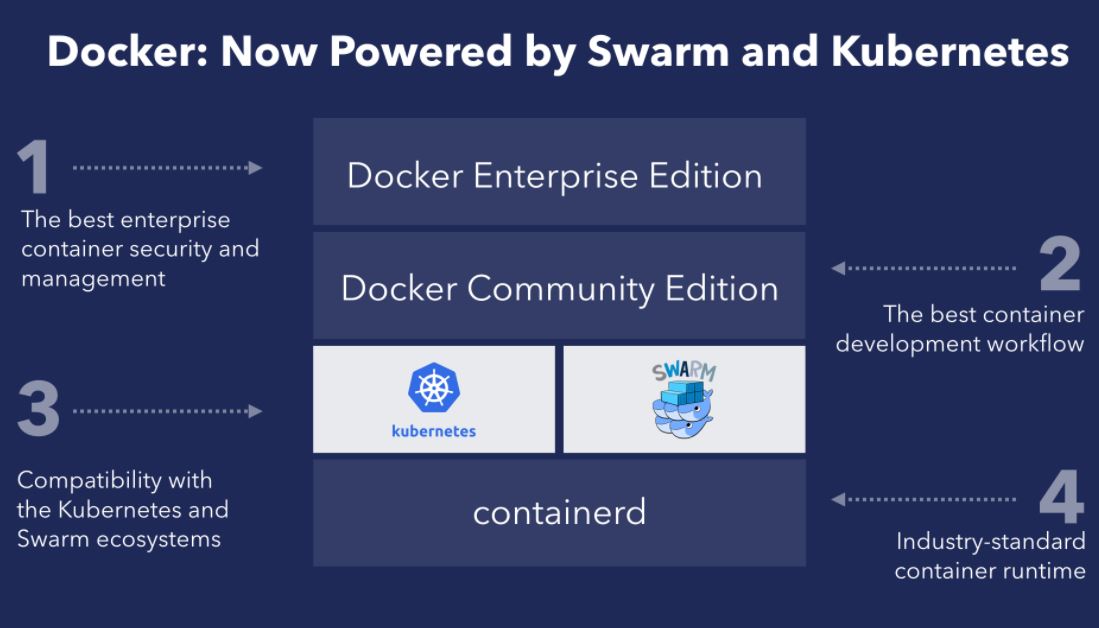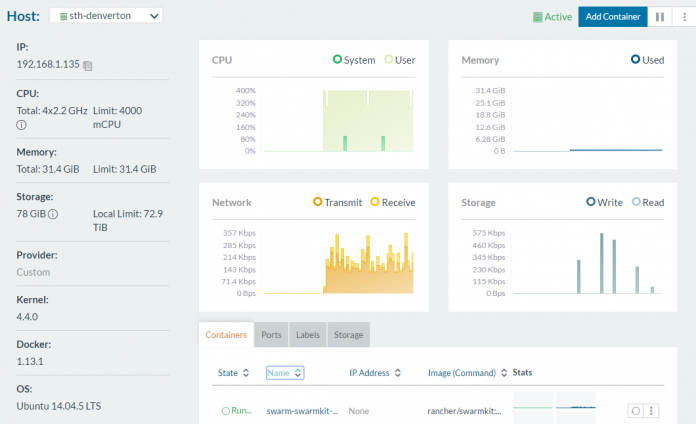This is one of those deals that makes sense for Mirantis, but the announcement for Docker seems less appealing. Being clear with our title, Mirantis did not buy Docker. Instead, it bought the Docker Enterprise business with its assets and customers. You can read the full release here.
Docker Cedes to Kubernetes
Docker absolutely led the general public’s adoption of containers. It was the clear frontrunner to take over containerization until a few strategic missteps led to Kubernetes’ rise to prominence, and now dominance of the market. Two years ago, STH declared that Kubernetes Wins! Docker Acquiesces and Adopts Kubernetes. The “writing was on the wall” so to speak as Docker’s adoption of its chief competitor was a clear signal as to what was coming. That may have been premature, but it now seems on-target. Docker Enterprise has a number of large customers.

Mirantis, for its part, started as an OpenStack shop. When OpenStack was difficult to deploy, Mirantis had its distribution and support services that made it easier for enterprises to deploy OpenStack. Now, OpenStack is significantly easier to deploy. As a result, a few years ago Mirantis pivoted to providing a container and Kubernetes service. The company’s consistent vision is enabling scale-out infrastructure for business based on open standards.
For Mirantis, the value proposition is clear. It gets a customer list it can, over time, migrate from Docker Enterprise to its Kubernetes service. Prior to customers being ready for that transition, Mirantis can continue to support large customers on their current platform. Mirantis did not say it was stopping development for the platform. From a product perspective, it makes sense that Mirantis will eventually incorporate the Docker Enterprise IP and combine offerings going forward.
For Docker, it gets some funding from this sale along with a $35 million capital injection. The company is calling this its “next chapter” and that next chapter seems focused on Kubernetes. In the press release the company said:
“…[W]e are investing in expanding our cloud services to enable developers to quickly discover technologies for use when building applications, to easily share these apps with teammates and the community, and to run apps frictionlessly on any Kubernetes endpoint, whether locally or in the cloud.” (Source: Docker)
The notable part of that statement is that Docker is targeting k8s endpoints.
Final Words
This is an announcement that we have been expecting for years. Now that Kubernetes has officially won the container wars, the next question is what impact will Docker have. While Mirantis has a straightforward path with its new business, Docker already contributed its containerd IP to open source bodies. Without an enterprise business and without owning the core IP, that path forward in Docker’s next chapter is going to be a difficult one.




